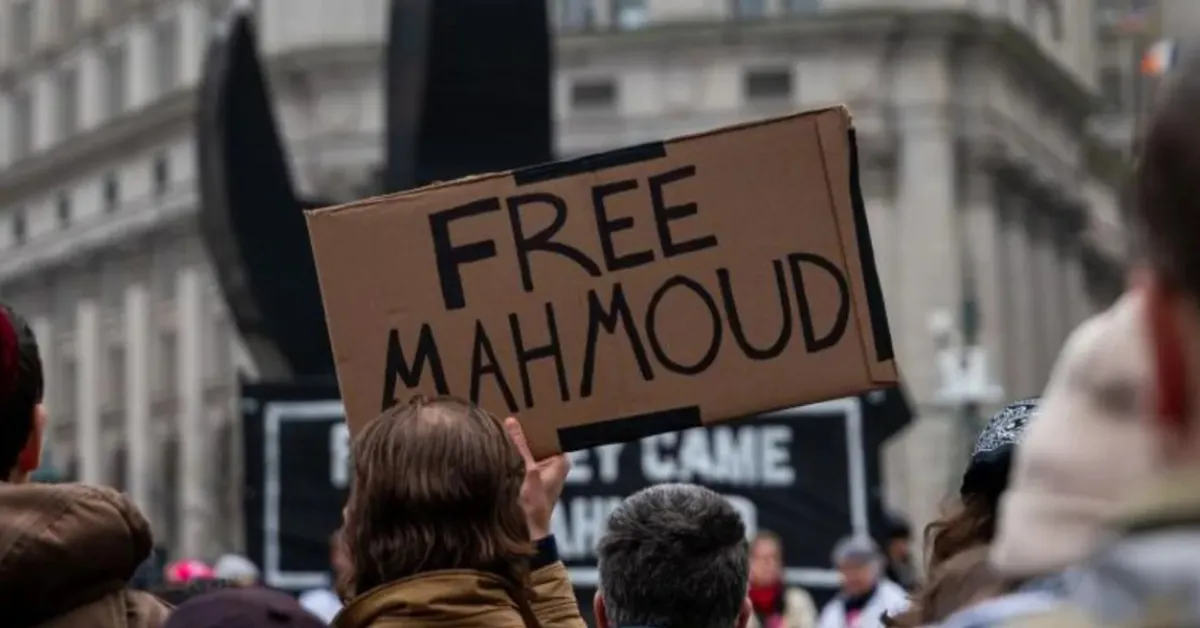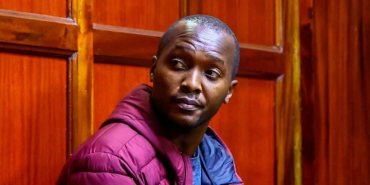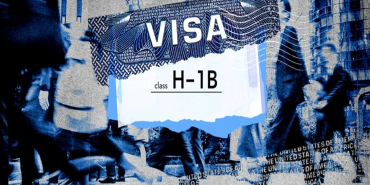US Universities See Controversial Enforcement of Dormant Law Against Immigrant Demonstrators

Mahmoud Khalil, a Columbia University graduate student and legal US permanent resident, is facing deportation under the McCarran-Walter Act, a controversial Cold War-era immigration law.
Khalil’s detention has ignited a national debate over the balance between immigration policy, free speech rights, and national security. Khalil’s case has emerged amid a broader crackdown on pro-Palestinian activists, with federal authorities alleging they promote antisemitism and support terrorism.
Critics argue that such accusations conflate criticism of Israeli policies and US foreign support with antisemitism, raising concerns about the suppression of dissenting views. The McCarran-Walter Act, officially known as the Immigration and Nationality Act of 1952, grants the US government extensive powers to deport individuals deemed detrimental to American foreign policy.
Enacted during the height of the Cold War, the law was intended to counter the perceived threat of communist influence. Congressman Francis McCarran, a key proponent, argued that it would safeguard the nation from "unassimilated aliens."
However, legal experts note its problematic history of reinforcing discriminatory racial and ideological quotas. The Trump administration has taken a firm stance on the issue. President Trump stated, "We will find, apprehend, and deport these terrorist sympathizers from our country — never to return again."
Homeland Security Secretary Kristi Noem echoed this sentiment, asserting that visa privileges should be revoked for those who "advocate for violence and terrorism."
Free speech advocates highlight the constitutional implications of Khalil’s case. While the First Amendment protects freedom of speech for all individuals in the US, including non-citizens, immigration law gives the government broad discretion in determining who may remain in the country. Secretary of State Marco Rubio has reportedly revoked over 300 visas under similar justifications, citing the McCarran-Walter Act.
Critics draw parallels between the current situation and the Red Scare of the 1950s, during which ideological dissent was suppressed. They fear that the precedent set in Khalil's case could lead to a broader suppression of dissenting views, potentially infringing on the rights of both citizens and non-citizens.
Legal scholar Michael Kagan of the University of Nevada describes the use of such immigration powers as a "throwback to an ugly era in American history." He notes that the act's origins reveal its problematic application as a tool for ideological enforcement: "We don’t like your political beliefs and what you have expressed. So we are going to kick you out of the country."














Add new comment